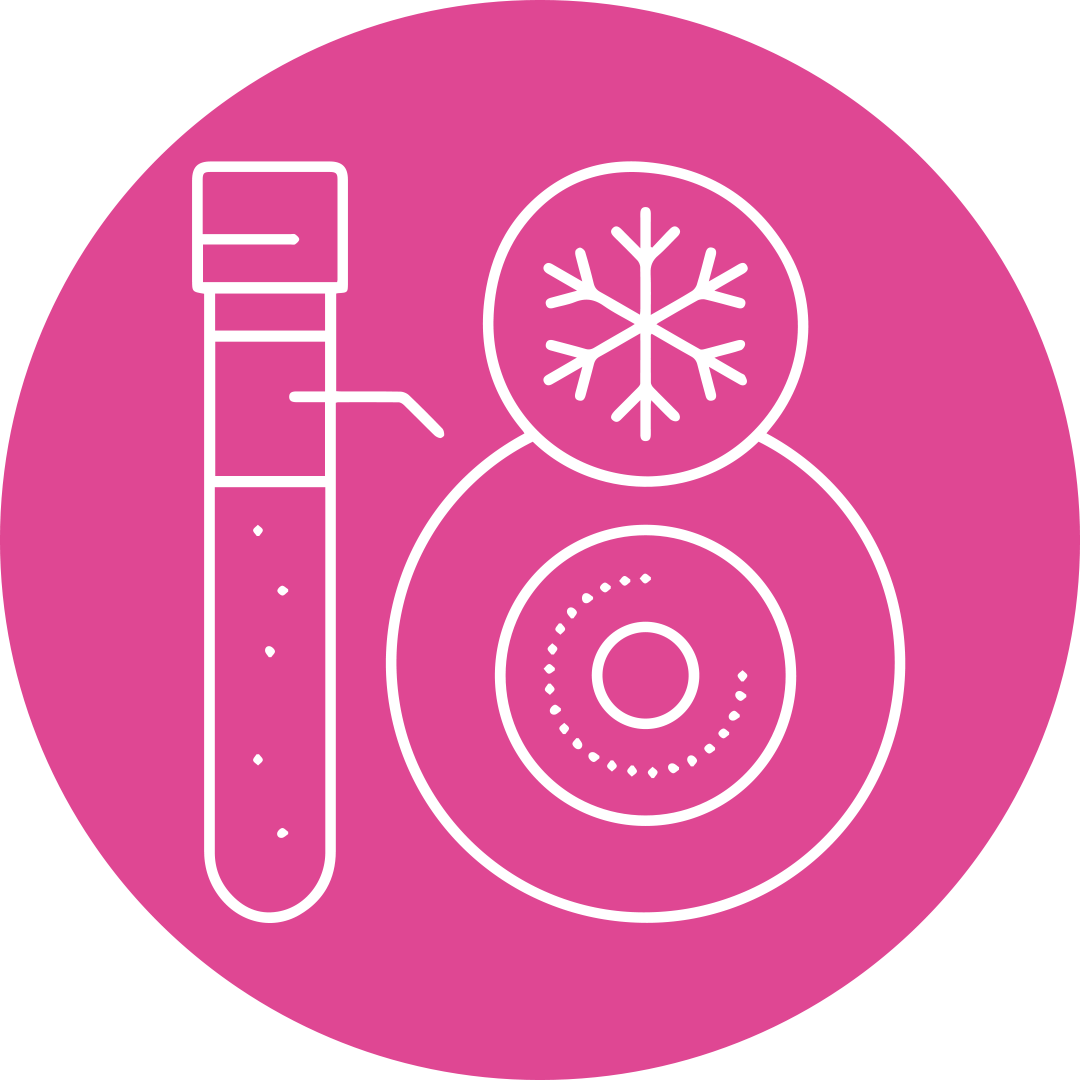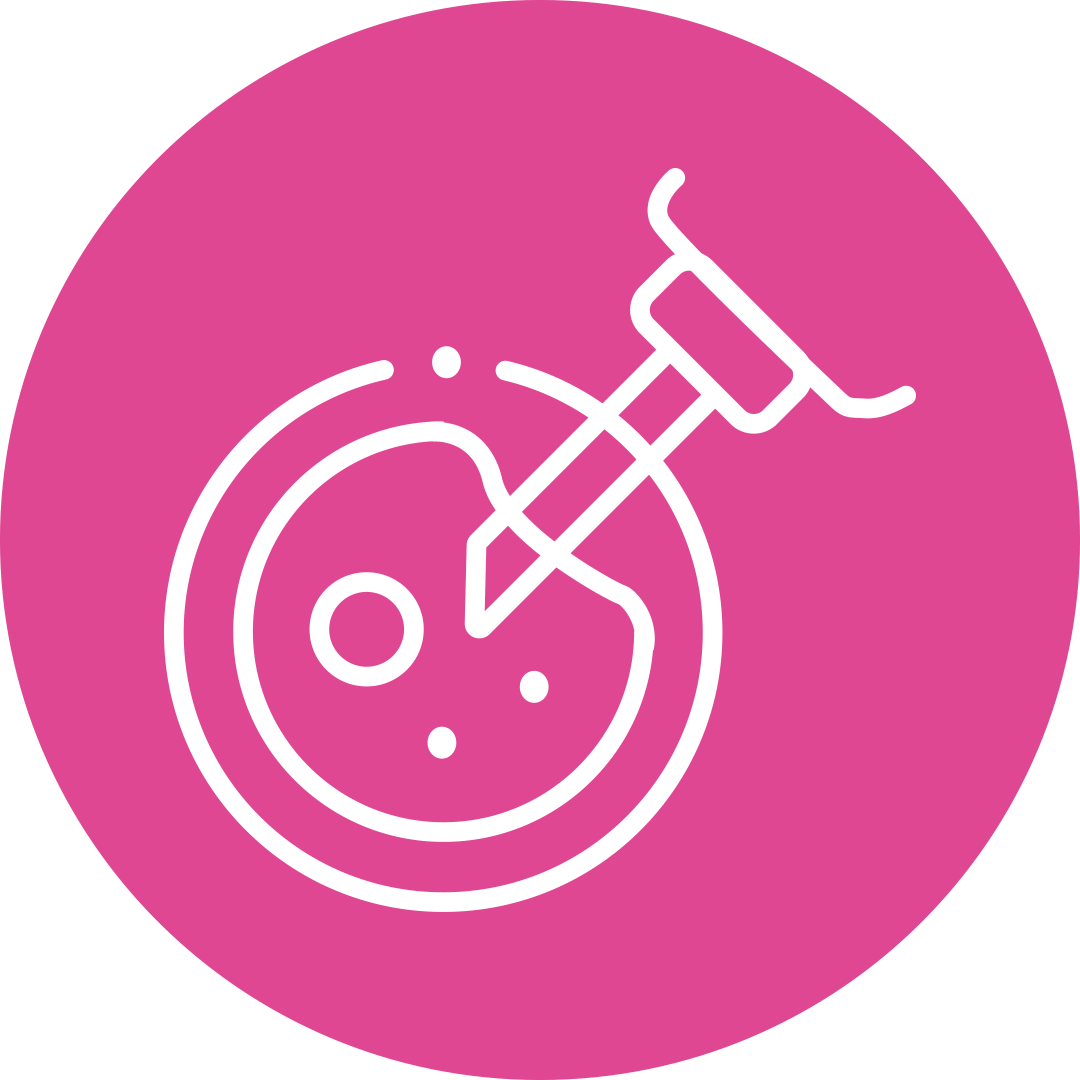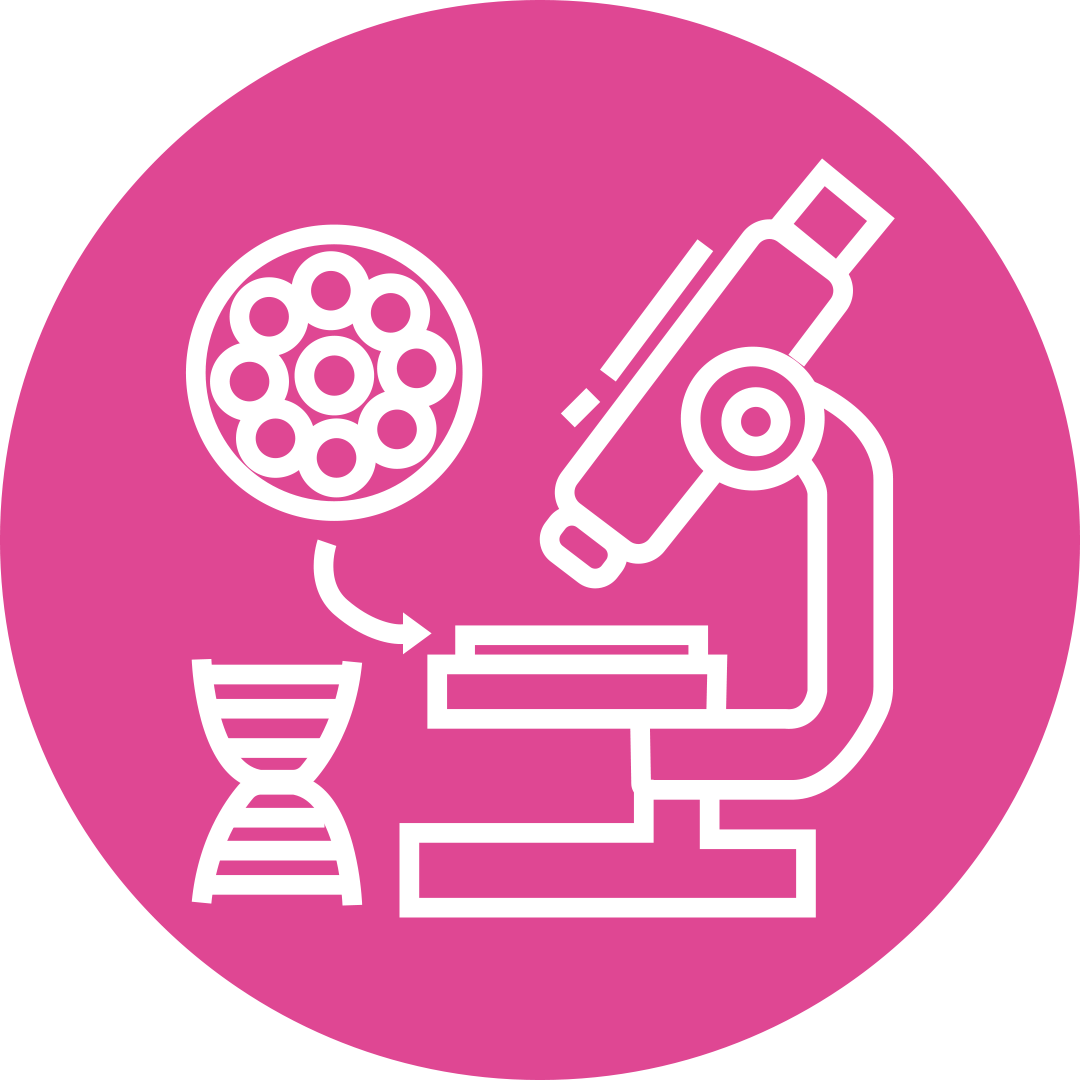Egg Bank
London IVF is dedicated to enriching women’s lives through revolutionary science and female egg banking services that can effectively slow down a woman’s biological clock. By capturing a woman’s healthy “young” eggs and cryopreserving them for use in the future, Extend can give each client the best chance scientifically possible at achieving her dream of biological motherhood later in life.
London IVF is a certified center for egg banking in accordance with the new ART rules.
FAQ's
Egg banking is a process where a woman’s eggs are retrieved, frozen, and stored (cryopreserved) for future use. It allows women to preserve their fertility by saving younger, healthier eggs for when they may want to have children later in life.
Women who want to delay motherhood, those undergoing medical treatments like chemotherapy that could affect fertility, or women with a family history of early menopause should consider egg banking. It’s also a good option for women who aren’t ready for pregnancy but want to secure their fertility for the future.
The ideal age for egg freezing is before a woman’s late 30s, as egg quality and quantity typically decline with age. Freezing eggs at a younger age increases the chances of successful pregnancy in the future.
The process begins with hormone stimulation to encourage the ovaries to produce multiple eggs. The eggs are then retrieved using a fine needle under ultrasound guidance. The procedure is quick and done under mild sedation.
Eggs can be safely stored for many years, potentially even decades. Advances in cryopreservation technology have made long-term storage safe, and eggs do not degrade in quality during freezing.
Yes, egg banking is a well-established and safe procedure. The egg retrieval process is minimally invasive, and cryopreservation techniques have been proven effective. As with any medical procedure, there may be some risks, but these are rare and usually minor.
The success of egg banking depends on factors such as the woman’s age at the time of egg freezing and the number of eggs retrieved. Women who freeze their eggs at a younger age have a higher likelihood of achieving a successful pregnancy in the future.
Yes, frozen eggs are typically thawed and used in conjunction with in vitro fertilization (IVF). Once thawed, the eggs are fertilized with sperm, and the resulting embryos are transferred into the uterus.
The cost of egg banking includes the egg retrieval process, hormone medications, and annual storage fees for the frozen eggs. London IVF can provide detailed pricing during the consultation to help you plan.
To begin the process, schedule a consultation with a fertility specialist at London IVF. Your doctor will evaluate your health and fertility, discuss your goals, and guide you through the steps of egg retrieval and freezing.
Book Your Appointment
Visit Near By Hospital
Visakhapatnam
London IVF
KGH Down Rd, beside indus hospital, Besides Lepakshi Handicrafts, Maharani Peta, Visakhapatnam, Andhra Pradesh 530002
Contact
+91 8125841249
Kakinada
London IVF
1st Floor, Induslnd Bank, near by HP Petrol bunk, Nagamalli Thota, Ramanayapeta, Kakinada, Andhra Pradesh 533003, India
Contact
+91 7842535620
Rajahmundry
London IVF
Lakkakula Rama Rao St, Gandhipuram, Rajamahendravaram, Andhra Pradesh 533103, India
Contact
+91 9110552504
Vizianagaram
London IVF
London IVF Centre, Matham Veedhi, near Vijaya Medicals, Fort Area, Vizianagaram, Jammu Narayana Puram Rural, Andhra Pradesh 535002
Contact
+91 80080 80197
Tuni
London IVF
13-67, Main Rd, opp. Surya Mahal Theatre, Payakaraopeta, Tuni, Andhra Pradesh 531126
Contact
+91 99487 22703








